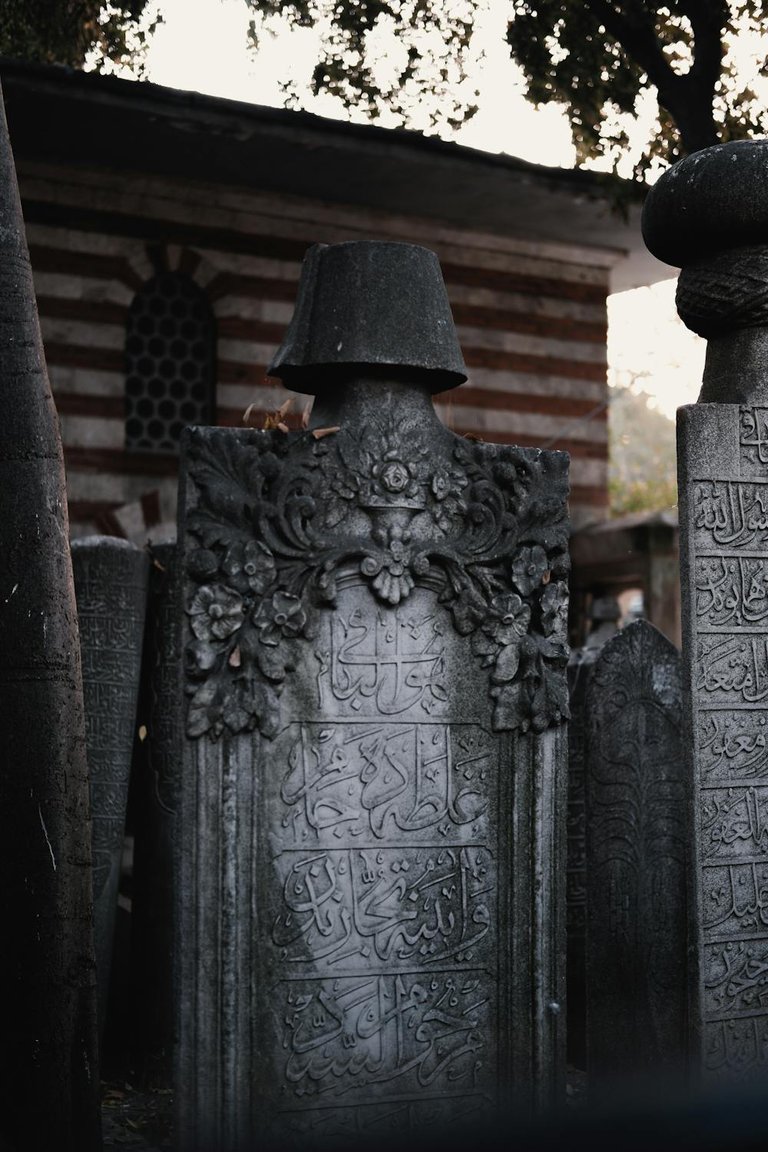The epitaph at Aloba
By dusk, we touched down at Aloba village, which had a settlement of about five hundred residents. The village was a little different from the buzzy life in the city that I was used to. Many people came to greet and welcome us, and here, I found it awkward as a gray-haired elderly woman called me their husband. Well, this was Yoruba culture, and I understood without offense. I recognized Uncle Jide among those who came to welcome us. Uncle Jide had come to visit us in the city occasionally. He led us to his three bedroom apartment, and we began another series of greetings, for he had two wives and children I could not count at that moment.
"You've not visited in almost a decade, Akin." My uncle said this as he patted me on the back. One of his wives came with a bucket of water for a shower, which I gladly took. My body ached from the stress of the journey. I was led to a secluded area that was partly demarcated by wood as a bathroom. It was my first time bathing in such an open space, even though it had some coverings, but I was glad nightfall was upon us already. Uncle Jude's two wives brought different meals, and we had our choice: jollof rice or cassava flour swallowed with vegetable soup, for which I went for the latter. I retired to a vacant room prepared for my dad and me. My cousins slept in the sitting room.
The following morning, one of my cousins, Ajadi, showed me around the village, which had more life than I thought. Lucky for me, it was their market day, and people from neighboring villages came over to trade goods, mostly clothes and foodstuffs. Ajadi and I got back later in the evening after spending most of the day surveying the village and market. Ajadi was good at touring me around the village, and one spectacular sight was a golden-plated epitaph that was at the heart and center of the village, and on it was an inscription both in English and our native Yoruba language: "Aloba, the greatest warrior of Aloba, from 1875 to 1967."

"Is it the same Aloba that our village is named after?" I asked Ajadi curiously. It seemed Ajadi was just waiting for me to ask before he began to download the history of Aloba, who happened to be a warrior in his time and was the first settler after he conquered neighboring villages. He was the only ruler among neighboring villages to be receptive to colonial masters and hence brought about westernization in Aloba, of which my granddad and dad were recipients and among the beneficiaries of Western education in the pre-independent era. I was delighted to know that there was a warrior like Aloba.
Subsequent days in the village, Ajadi took me on his motorbike to surrounding villages, and I appreciated the development the Aloba community had with respect to other communities. After about a week's stay at the village, we headed back to the city, and I kept in touch with Ajadi more often, upholding the bond of family.
I knew someday, I'll love to have an epitaph to be remembered for.
Here is my entry into #aprilinleo monthly and daily prompts. You can participate via this LINK
Posted Using InLeo Alpha